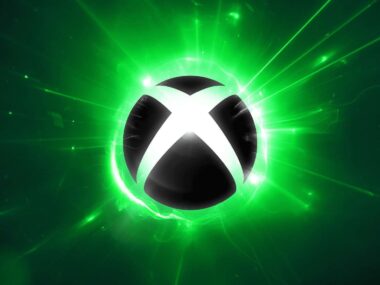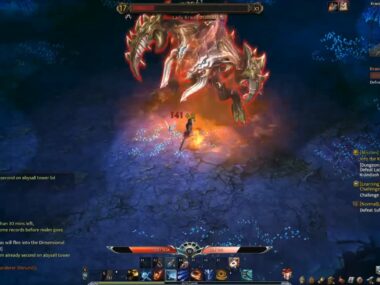What Did Krafton Really Buy?
Krafton’s 2Q 2025 earnings call was full of high-level strategy, bold acquisition plans, and strong sales numbers. The real question I had going in was simple: What did they say about Subnautica 2 and the lawsuit?
The call confirmed what many suspected: Krafton is done waiting for results from Unknown Worlds’ original leadership. The three co-founders, Charlie Cleveland, Max McGuire, and Ted Gill, have been replaced by Steve Papoutsis, a seasoned industry veteran. Papoutsis didn’t inherit an easy job, but he knew what Krafton expected when he accepted it. If things were truly in shambles, would someone with his résumé have signed on?
That’s where this gets interesting.
Steve Papoutsis Isn’t Just a Placeholder
Papoutsis has led entire franchises. He helped grow Dead Space into a multi-platform success, ran Visceral Games at EA, launched The Callisto Protocol at Striking Distance, and managed production on everything from Battlefield Hardline to Lord of the Rings. His reputation in the industry is that of a fixer. A guy you bring in when expectations are high and time is short.
This isn’t someone you hire just to oversee the status quo. Krafton brought him in to take back control.
He may end up testifying in court. If litigation around Subnautica 2 escalates, Papoutsis could be asked to explain what condition the game was in when he arrived. Was it actually “on track” as Cleveland claimed? Or was it a half-finished mess?
Krafton Paid for a Franchise Not a Film Career
Here’s the uncomfortable truth: Krafton didn’t spend $500 million for indie charm. They paid for results. That includes a commercially viable sequel, not a side project while the studio head takes a break to work on a movie.
It definitely doesn’t include Moonbreaker, which flopped hard despite years of development and expensive figurine-level visuals. That failure probably made Krafton more cautious, and more willing to shake things up.
So when Cleveland and the others pushed for an early access release in 2025, Krafton said no. That move alone is a sign of something unusual: a publisher putting quality control over short-term optics. The release is now pushed to 2026, and the milestone-driven restructuring is their way of showing shareholders that they’re serious about pipeline discipline.
Players Just Want to Play But Shareholders Want ROI
Fans of the original Subnautica aren’t exactly picky. Many said they’d be fine with another bare-bones early access version as long as it’s playable. But Krafton isn’t in the business of nostalgia. They’re in the business of dividends.
If I were a shareholder, I’d be asking some pointed questions:
- What exactly did Krafton do when the 2024 early access target was missed?
- What shape was the game in when they decided to replace the founders?
- How much of the $500 million valuation was based on promises vs. deliverables?
If the $250 million bonus payout to Unknown Worlds’ founders is performance-based, and doesn’t get paid, what happens to that money? It’s not something that would be listed in an earnings report, but it’s something investors should be watching.
Growth or Overreach?
In the same call, Krafton reported strong sales, especially in mobile and PC, but also admitted to declining profits due to rising labor and marketing costs. They made major moves this quarter, including:
- Acquiring 11th Hour Games (developers of Last Epoch)
- Signing a mobile development deal with Palworld
- Launching Enzoy, which quickly became Korea’s fastest-selling packaged game
This is a company that wants to be seen as innovative, agile, and globally competitive. I think they need to slow down. These aggressive acquisitions are exciting until quality starts to slip. Subnautica 2 should have raised red flags earlier. What did Krafton do when things started going off track? More importantly, what lessons will they apply to future purchases?
The Bigger Question
Krafton says it wants to double its corporate value and hit 7 trillion KRW in revenue by 2029. That kind of growth requires big risks, but it also requires accountability.
Subnautica 2 may end up being a success under Papoutsis. Or it may be remembered as a cautionary tale about trusting too much in early access goodwill. Time will tell.
But the key takeaway here is this: Krafton wants to act like a global leader. Now it has to prove it can manage like one.
If shareholders aren’t watching how these high-profile transitions play out, they should be. The price tag of a bad acquisition isn’t just measured in game delays. It’s measured in lost confidence.






